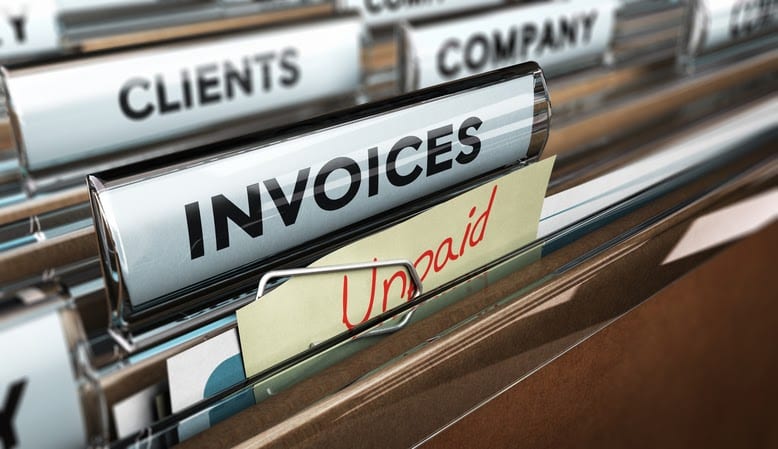What Should You Do If Clients Fail to Pay?

Owning a business can be extremely fun and rewarding. You’ll meet a lot of great people, satisfy a wide range of customers, and even learn a little about yourself in the process.
Unfortunately, owning a small business will also come with various challenges, moments of frustration, and times where you’ll be tested. One of these situations you’re almost certain to experience is a non-paying customer.
As frustrating as a non-paying customer can be, it’s essential you know how to handle these situations properly when they present themselves. The last thing you want to do as a small business owner is to make matters worse.
Why Isn’t Your Client Paying?
To make sure you maintain control of the situation, you have to first understand why your client is choosing not to pay. It’ll also help if you have some background on the client, regarding whether or not they have a history of doing this and how strong your relationship is with them.
Although a non-paying customer will often be a new customer or someone you’ve never worked with before, there’s always the possibility of it happening to one of your long-term customers. If it’s a new customer, you might be a little more open to having a third-party company deal with it. If it’s a long-term client, you’ll likely want to repair the situation yourself.
There will be plenty of reasons why your client or customer is choosing not to pay. Here are some of the most common:
- Your customer has other bills they would like to take care of before paying your invoice.
- Your customer is taking advantage of your lenient history with late payments.
- Clients are going through some tough times and are struggling to stay up with expenses, including you.
- Your customer isn’t happy with the service you provided and would like something in return before paying.
- Your customer is ignoring you.
Some of these situations will be understandable from your end, while other situations will just be downright disrespectful. This is where you will have some very important decisions to make, including whether or not it’s worth your time or money.
Handling These Situations Properly
The first step in handling a non-paying customer or failure to pay is to determine how valuable that customer’s payment is to your day-to-day operations. If it’s going to put a dent in your ability to operate, further action is required. If not, then it may not be worth the time or resources.
The next step is to get your accountant involved because they’ll have some valuable insight regarding what to do next. Whether you need to seek a lawyer or collection agency, your accountant will guide you through it all. In fact, they can also help you determine how big the risk factor is with the customer’s failure to pay.
The best way to handle these situations is by preventing them from happening in the first place. Knowing who you’re doing business with, being firm regarding your payment terms, accepting online payments, and sending invoices in a timely manner will help you avoid non-paying customers.
If you need further assistance, feel free to give us a call today and we’ll be happy to help you find a practical solution.
References
Peek, Sean. “What to Do If Your Customers Don’t Pay.” Https://Www.uschamber.com/Co, 29 Jan. 2020, www.uschamber.com/co/run/finance/how-to-handle-customers-missing-payment.
Caramela, Sammi. “How to Prevent and Handle Non-Paying Customers.” Business.com, Business.com, 16 Mar. 2018, www.business.com/articles/overdue-and-over-you-what-actions-can-you-take-when-a-client-hasnt-paid/.
